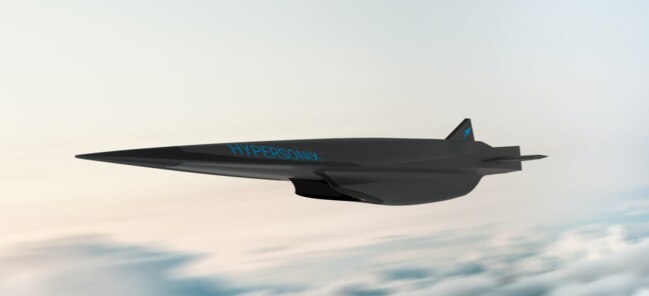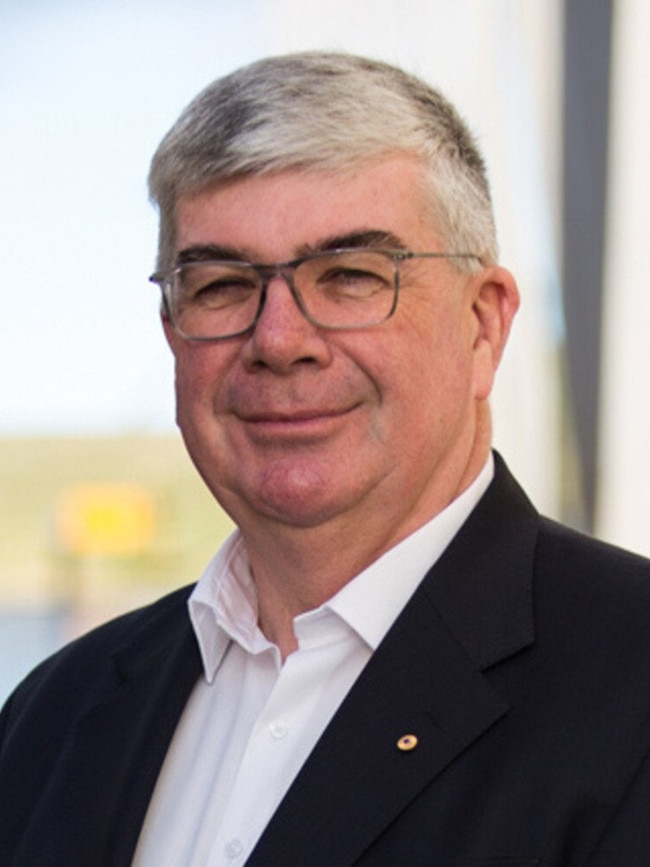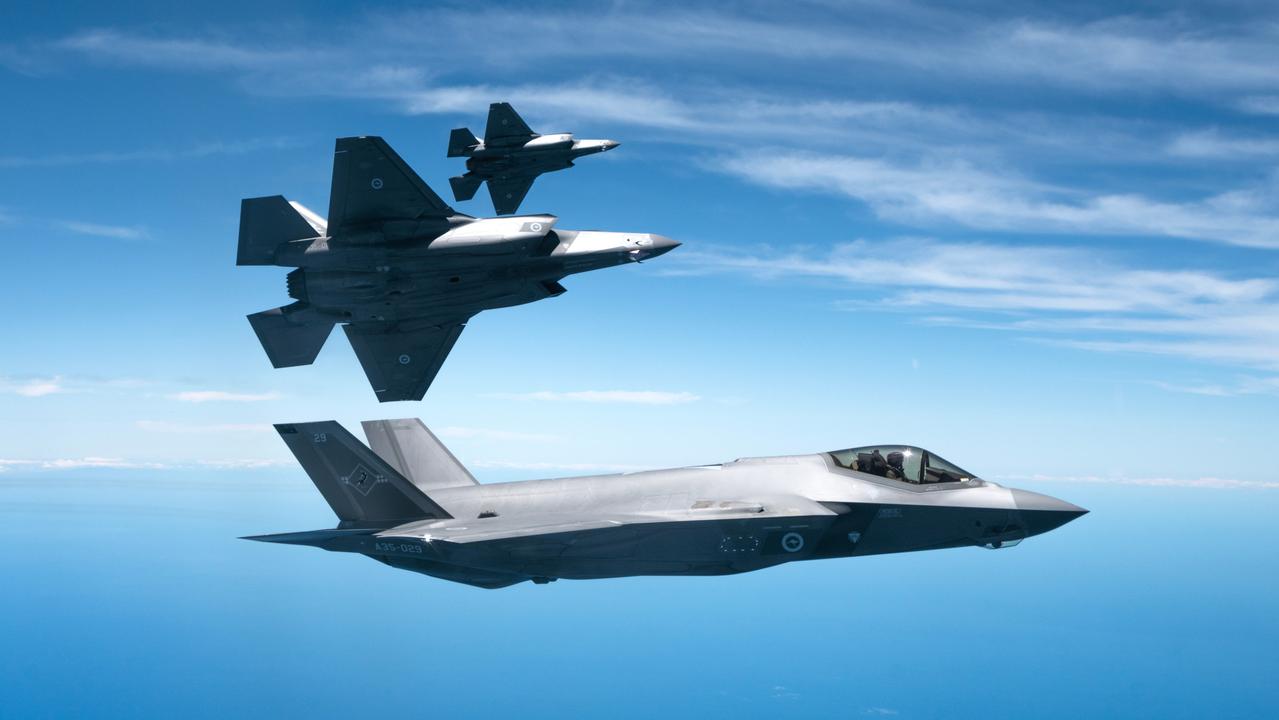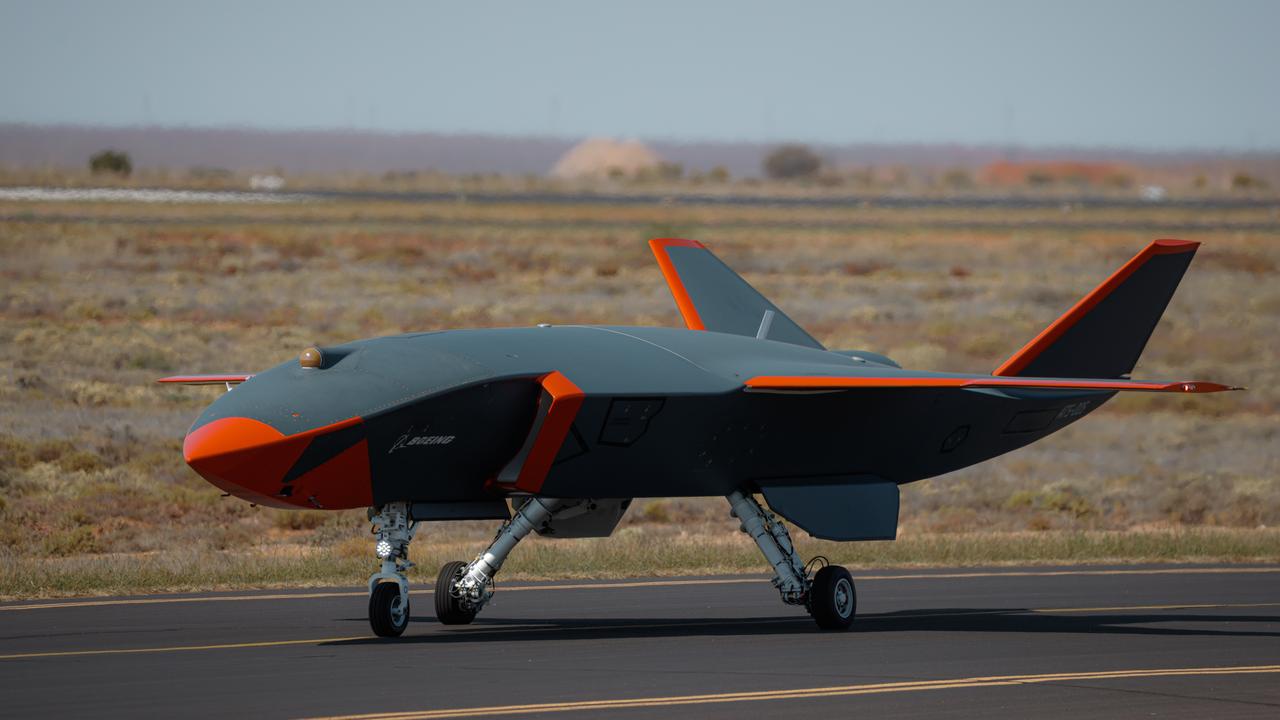Queensland’s science industry ready to support review recommendations
The DSR and the federal government’s response allows us to re-set Australian Defence Force (ADF) structure and posture to meet a contemporary threat.

The Defence Strategic Review (DSR) and the federal government’s response allow us to re-set Australian Defence Force (ADF) structure and posture to meet a contemporary threat.
A key element will be growing sovereign defence industrial capability where it is practicable.
A new entity in Defence, the Advanced Strategic Capabilities Accelerator (ASCA), is at the heart of the enhanced industrial capacity. ASCA will be key to developing an ADF with new capabilities to deter a potential adversary. Priorities for ASCA include hypersonics, directed energy, trusted autonomy, quantum technology, information warfare and long-range firepower. ASCA will also provide the missing link between Defence and innovative Australian companies.
The Queensland Defence Science Alliance, the university sector, and industry are well positioned to support ASCA priorities, particularly in hypersonics and trusted autonomy.
The DSR devotes a chapter to technology and asymmetric advantage, noting that “Defence needs to focus on asymmetric advantages and ensure that we maintain parity or a qualitative advantage in critical military technology areas”.
Of course, this is an area in which we have made strides.

The DSR has supported the MQ28-A Ghost Bat developed by Boeing in Queensland. At the same time, the Queensland government has, through the Defence Industry Roadmap and Drone Strategy, worked hard to gain experience, ensuring the state is well placed to support Defence in autonomous systems.
Queensland has invested in and actively supports the Trusted Autonomous Systems Defence Cooperative Research Centre in Brisbane, which has nurtured the development of a local industry ecosystem. The state government has invested in the foundation stage of the Queensland Flight Test Range at Cloncurry for commercial drone testing and is also working with the Australian Institute of Marine Science, near Townsville, to develop ReefWorks, a tropical test range for maritime unmanned and autonomous vehicles.
We are also focusing efforts to ensure sovereign guided weapons and rocket capability.
The federal government has announced funding of $2.5bn for the Guided Weapons and Explosive Ordnance Enterprise (GWEO). This investment will fund the manufacturing of guided weapons and their critical components, the manufacture of long-range strike missiles and increased local maintenance of defence missiles, and the manufacture of other munitions.
Queensland is well placed to take advantage of the GWEO opportunity and those offered through the newly formed AUKUS Alliance under what is known as Pillar 2 activities. The Australian Missile Corporation led by NIOA Group is already an Enterprise Partner of GWEO.
Queensland’s Gilmour Space Technologies is developing a launch site and the Eris rocket, aiming for a launch soon.
Hypersonic technologies are also a priority area for AUKUS.
Queensland company Hypersonix Launch Systems recently announced that it had partnered with the Pentagon’s Defence Innovation Unit to test vehicles that can fly more than five times the speed of sound.
In addition to manufacturing, future opportunities for Queensland will be in research and development, testing and evaluation, and storage and distribution.
Through careful strategic planning and targeted investments, Queensland is helping our nation develop the infrastructure, capabilities and technological edge needed to enable the ADF to conduct its missions. And the state is in a strong position to support the Defence implementation of the DSR.
Geographically, Queensland is uniquely positioned to support Defence through its dispersed regional centres and surrounding communities. Cairns, Townsville, Rockhampton, Bundaberg, Gladstone, Toowoomba, and Ipswich all support a significant ADF presence nearby or provide port and freight access for Defence.
Indeed, Queensland is home to more than a quarter of all ADF military personnel, with more than 24,000 uniformed and civilian positions and 15 significant defence facilities located across the state.
More than 30 of the top defence suppliers are located within the state, with the industry generating more than $6bn annually.
As we face the future, there’s no doubt Queensland will continue to be central to ensuring we build on our strengths and drive greater sovereign capability.
-
Rear Admiral Simon Cullen (Retd) is the Strategic Defence Advisor Maritime.


